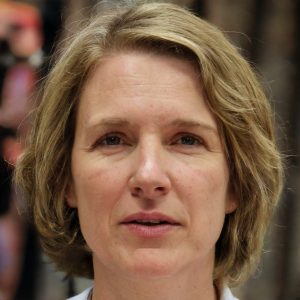What Are Open Market Operations (OMO)?
Open market operations (OMO) refer to the buying and selling of government securities in the open market by the Federal Reserve. The Federal Reserve uses OMOs to influence the supply of reserve balances in the banking system and thereby affect the federal funds rate and other short-term interest rates. OMOs are conducted by the Federal … Read more




